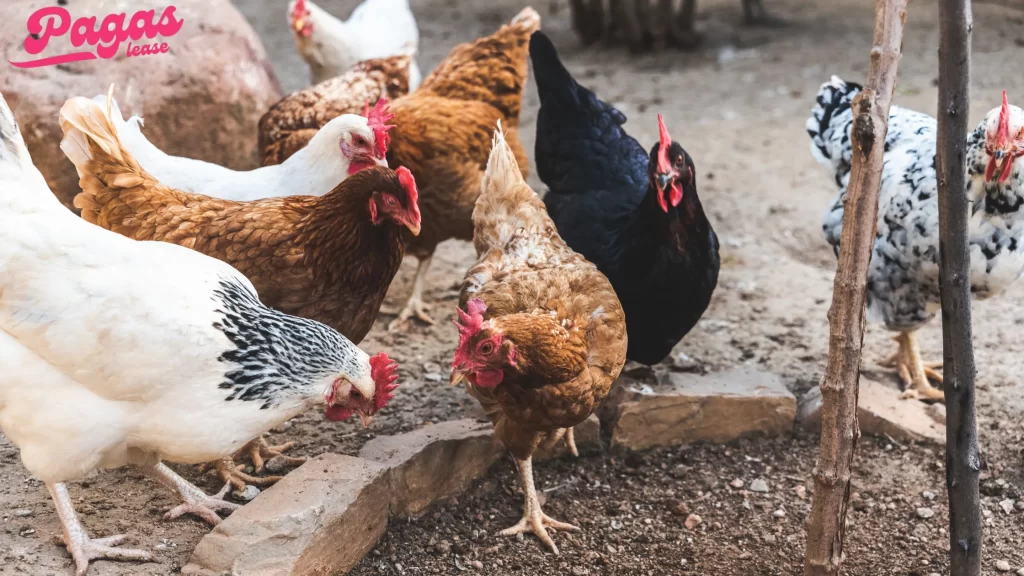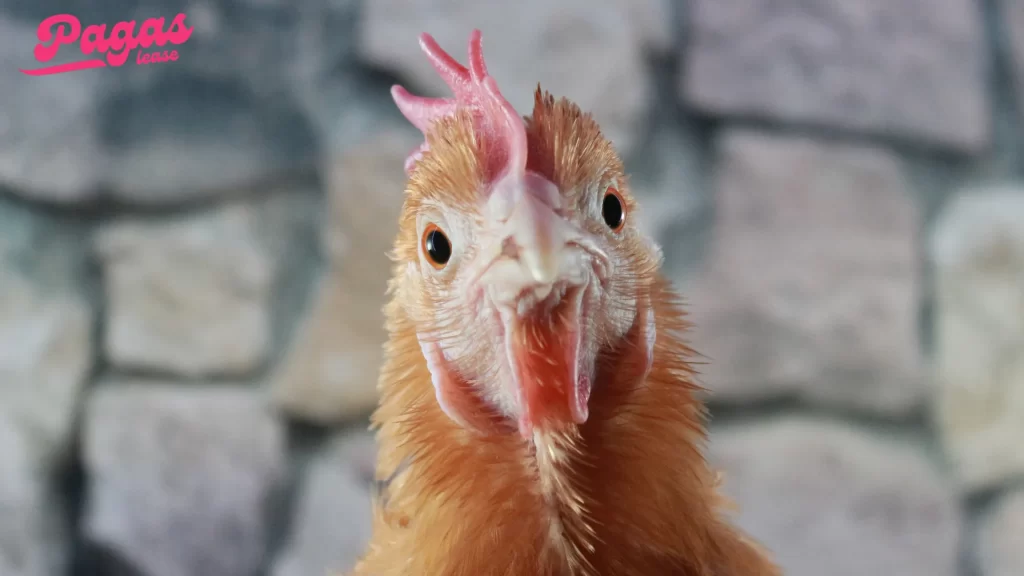Table of Contents
Chickens are a fascinating addition to any backyard or farm. They provide fresh eggs, companionship, and even pest control. However, as chicken owners or future poultry enthusiasts, one question often arises: How long do chickens live? The answer might surprise you. Chickens can live much longer than most people expect. In this article, we’ll reveal the shocking truth about a chicken’s lifespan, discuss the factors that influence it, and share tips to help your chickens live healthier and longer lives.
How Long Do Chickens Live on Average?

The average lifespan of a chicken can range from 5 to 10 years. However, some chickens live even longer, with a few extraordinary cases reaching 15 years! The lifespan of a chicken largely depends on several factors like breed, living conditions, and overall care.
For example, backyard chickens that are raised with love and attention can live longer than those in commercial farming environments. In commercial settings, chickens are often bred for fast growth or high egg production, which can shorten their lifespan. But if given the right care, a chicken can enjoy many healthy and productive years.
Also Read: How Long Does It Take for a Black Eye to Heal? Shocking Truth!
Factors That Affect a Chicken’s Lifespan

1. Breed
Some chicken breeds are genetically predisposed to live longer than others. Heritage breeds, which have been around for centuries, are often hardier and have a longer lifespan compared to modern hybrid breeds. For example, breeds like the Orpington or Plymouth Rock are known for their longevity, while broiler chickens (raised for meat) have shorter lives due to selective breeding.
2. Environment and Living Conditions
Just like humans, chickens thrive in healthy environments. Clean coops, proper ventilation, and space to roam can significantly impact how long chickens live. Chickens kept in cramped, unsanitary conditions are more susceptible to diseases and stress, which can shorten their lifespan.
Giving your chickens access to fresh air, sunlight, and space to roam and forage will not only make them happier but also extend their lifespan. A well-maintained coop, free from harmful bacteria and parasites, can work wonders in keeping your flock healthy and safe.
3. Diet and Nutrition
The saying “you are what you eat” applies to chickens, too! A balanced diet rich in nutrients can boost their overall health and longevity. Chickens need a combination of grains, vegetables, and proteins to thrive. Quality chicken feed, fresh water, and occasional treats like fruits or insects will keep them healthy and strong.
A poor diet, on the other hand, can lead to malnutrition, reduced immunity, and shorter life expectancy. Providing a varied diet full of the essential vitamins and minerals they need can ensure they live a long and happy life.
4. Predator Protection
Chickens are vulnerable to a variety of predators, such as foxes, raccoons, and hawks. Sadly, predation is one of the most common causes of early death in backyard chickens. Protecting your chickens from predators by ensuring their coop is secure and providing an enclosed outdoor space can significantly reduce this risk.
5. Healthcare and Disease Prevention
Chickens, like any other animals, are prone to illnesses. Regular check-ups, vaccinations, and quick responses to any health issues are essential in keeping your chickens alive longer. Parasites like mites and worms can also shorten your chickens’ lives, so regular health monitoring is important.
By keeping an eye on your chickens’ health and addressing any concerns quickly, you can significantly boost their chances of living long, healthy lives.
Also Read: How Long Does Levofloxacin Stay in Your System? The Shocking Truth
How Long Do Chickens Live in Different Settings?

Backyard Chickens
Chickens raised in backyards usually live the longest due to better care, attention, and a less stressful environment. If you’re raising chickens as pets or for eggs in a backyard setting, you can expect your chickens to live anywhere from 8 to 12 years, especially if you provide optimal care.
Farm Chickens
Chickens raised on small farms might have a similar lifespan to backyard chickens, especially if the farmers take good care of them. However, those raised on large-scale commercial farms often live shorter lives due to being bred for rapid growth or egg production.
Commercial Chickens
In commercial farming, chickens are usually bred for specific purposes, either for meat or eggs. Sadly, chickens raised for meat (broilers) typically live only 6 to 8 weeks before they are slaughtered. Egg-laying hens, on the other hand, might live a couple of years but generally are culled when their production decreases after 2 to 3 years.
The Oldest Chicken on Record
Believe it or not, the oldest chicken on record lived to the ripe old age of 16 years! Her name was Matilda, a bantam hen from Alabama, USA, and she lived a remarkably long life for a chicken. While this is certainly an exception rather than the norm, it shows that with the right care and a bit of luck, chickens can live much longer than expected.
Also Read: How Long Do Chickens Live? Shocking Lifespan Revealed!
How to Help Your Chickens Live Longer
Now that you know how long chickens live and the factors that influence their lifespan, let’s dive into some practical tips to ensure your chickens live long and healthy lives.
1. Provide a Clean and Safe Living Environment
Keeping the chicken coop clean and free from pests is key to avoiding diseases. Ensure that your chickens have fresh bedding, a well-ventilated coop, and a safe run area to keep predators away.
2. Feed a Balanced Diet
Chickens thrive on a diet rich in grains, vegetables, and protein. Make sure to provide high-quality chicken feed and fresh water at all times. Supplement their diet with natural treats like leafy greens, fruits, and insects for added nutrition.
3. Watch Out for Health Issues
Regularly check your chickens for signs of illness, such as lethargy, weight loss, or abnormal behavior. Quick treatment and regular deworming can help prevent common chicken diseases that may shorten their lives.
4. Give Them Plenty of Space
Chickens love to roam and forage. Make sure they have enough space to spread their wings, scratch the ground, and explore. This not only keeps them happy but also reduces stress, which can extend their lifespan.
5. Protect Them from Predators
A secure chicken coop with sturdy locks and proper fencing is a must to keep predators at bay. Consider investing in motion-sensor lights or other predator deterrents to ensure your flock stays safe.



